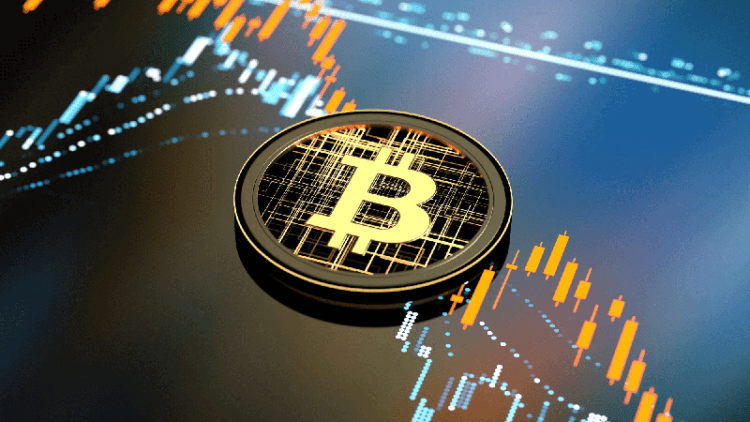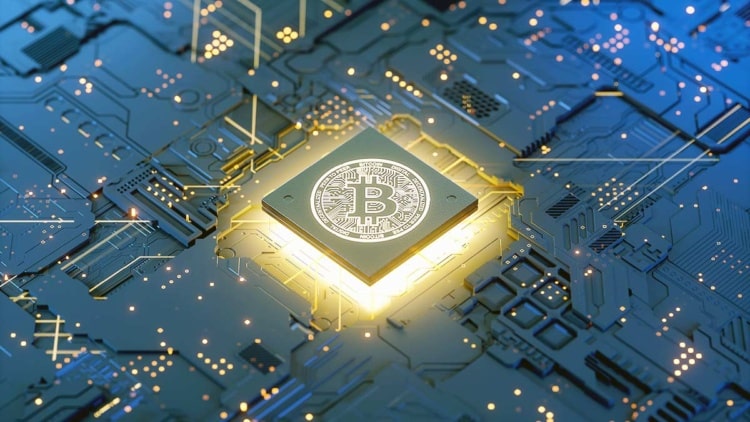If you’ve been following the world of finance lately, you may have heard the buzz about decentralized finance, or DeFi for short. But what is DeFi, and how does it differ from traditional finance? In this article, we’ll explore the key differences between DeFi and traditional finance, and why it matters for the future of money.
What is Traditional Finance?
Traditional finance refers to the conventional financial system that we’re all familiar with, including banks, insurance companies, and other financial institutions. This system is centralized, meaning that it relies on a few powerful organizations to control the flow of money and manage financial transactions. When you deposit money in a bank or invest in a mutual fund, you’re participating in traditional finance.
What is Decentralized Finance?
In contrast, DeFi is a relatively new concept that leverages blockchain technology to create a decentralized financial system. In a DeFi system, there is no need for a centralized authority or middleman to manage financial transactions. Instead, transactions are validated by a network of participants who share a common ledger and are incentivized to act in the best interests of the system.
How Do Decentralized Finance and Traditional Finance Differ?
Now that we’ve defined traditional finance and DeFi, let’s explore some of the key differences between the two systems:
1. Centralization vs. Decentralization
The most obvious difference between traditional finance and DeFi is the degree of centralization. Traditional finance relies on a few powerful institutions to manage financial transactions, while DeFi is completely decentralized and relies on a network of participants to validate transactions.
2. Accessibility
One of the main advantages of DeFi is that it is generally more accessible than traditional finance. Since DeFi systems are open to anyone with an internet connection, they can be used by people who may not have access to traditional financial services. This is especially important in developing countries where traditional financial services may be scarce or expensive.
3. Transparency
Another key difference between traditional finance and DeFi is the level of transparency. In traditional finance, financial transactions are often shrouded in secrecy and subject to complex regulations. In contrast, DeFi systems are built on open-source technology and offer complete transparency. Anyone can view the code and track financial transactions on the blockchain.
4. Security
One of the main advantages of DeFi is that it is generally more secure than traditional finance. Since transactions are validated by a network of participants, there is no single point of failure that can be targeted by hackers. In contrast, traditional finance is often subject to cyber attacks and data breaches that can compromise the security of financial transactions.
| – | Decentralized Finance (DeFi) | Traditional Finance |
|---|---|---|
| Control | Decentralized and Trustless | Centralized and Controlled |
| Intermediaries | Minimal or None | Multiple, including banks and payment processors |
| Transparency | High | Low |
| Accessibility | Open to Everyone | Restricted to Banks and Accredited Investors |
| Innovation | Rapid and Continuous | Slow and Incremental |
| Speed | Fast Transactions | Slow Transactions |
| Fees | Low | High |
| Security | Strong | Varies |
| Compliance | Self-Regulated | Regulated by Governments |
| Liquidity | High | Varies |
| Risk | High | Low (with established institutions) |
Why Does Decentralized Finance Matter?
Now that we’ve explored the key differences between DeFi and traditional finance, you may be wondering why this matters. Here are a few reasons why DeFi is an important development in the world of finance:
- Decentralized finance is more inclusive and accessible than traditional finance, which can help to reduce financial inequality and promote economic growth.
- DeFi offers complete transparency, which can help to reduce fraud and increase trust in financial systems.
- Decentralized finance is generally more secure than traditional finance, which can help to protect individuals and institutions from financial fraud and cyber attacks.
Personal Experience with Decentralized Finance
As a long-time investor, I’ve had the opportunity to explore a variety of financial systems, including traditional finance and decentralized finance. Over the past few years, I’ve become increasingly interested in the potential of decentralized finance to revolutionize the way we think about money and financial transactions.
One of the things that drew me to decentralized finance was its accessibility. As someone who has lived and worked in developing countries, I’ve seen firsthand the limitations of traditional financial systems. In many parts of the world, traditional financial services can be expensive, inaccessible, or simply non-existent. Decentralized finance offers a way to bypass these barriers and provide access to financial services for everyone, regardless of their location or background.
Of course, as with any financial system, there are risks involved with using decentralized finance. I’ve done my own research and have learned to be cautious about the projects and platforms I invest in. But overall, my experience with decentralized finance has been positive. I’ve found that the speed, transparency, and security of decentralized finance make it a compelling alternative to traditional finance, and I’m excited to see where this technology will take us in the future.
FAQs
Is decentralized finance the future of finance?
It’s too early to say for sure, but decentralized finance is certainly an important development in the world of finance. As more people become aware of the advantages of DeFi, we may see a shift towards more decentralized financial systems in the future.
Is DeFi safe?
While DeFi is generally more secure than traditional finance, there are still risks involved. Like any financial system, DeFi is subject to market fluctuations and other risks. It’s important to do your own research and only invest what you can afford to lose.
My Conclusion
Decentralized finance represents a major shift in the world of finance, offering a more inclusive, transparent, and secure financial system than traditional finance. While there are risks involved, the potential benefits of DeFi are too important to ignore. As more people become aware of the advantages of DeFi, we may see a shift towards more decentralized financial systems in the future. Whether you’re a seasoned investor or just getting started, it’s important to keep an eye on the world of decentralized finance and the opportunities it presents.





